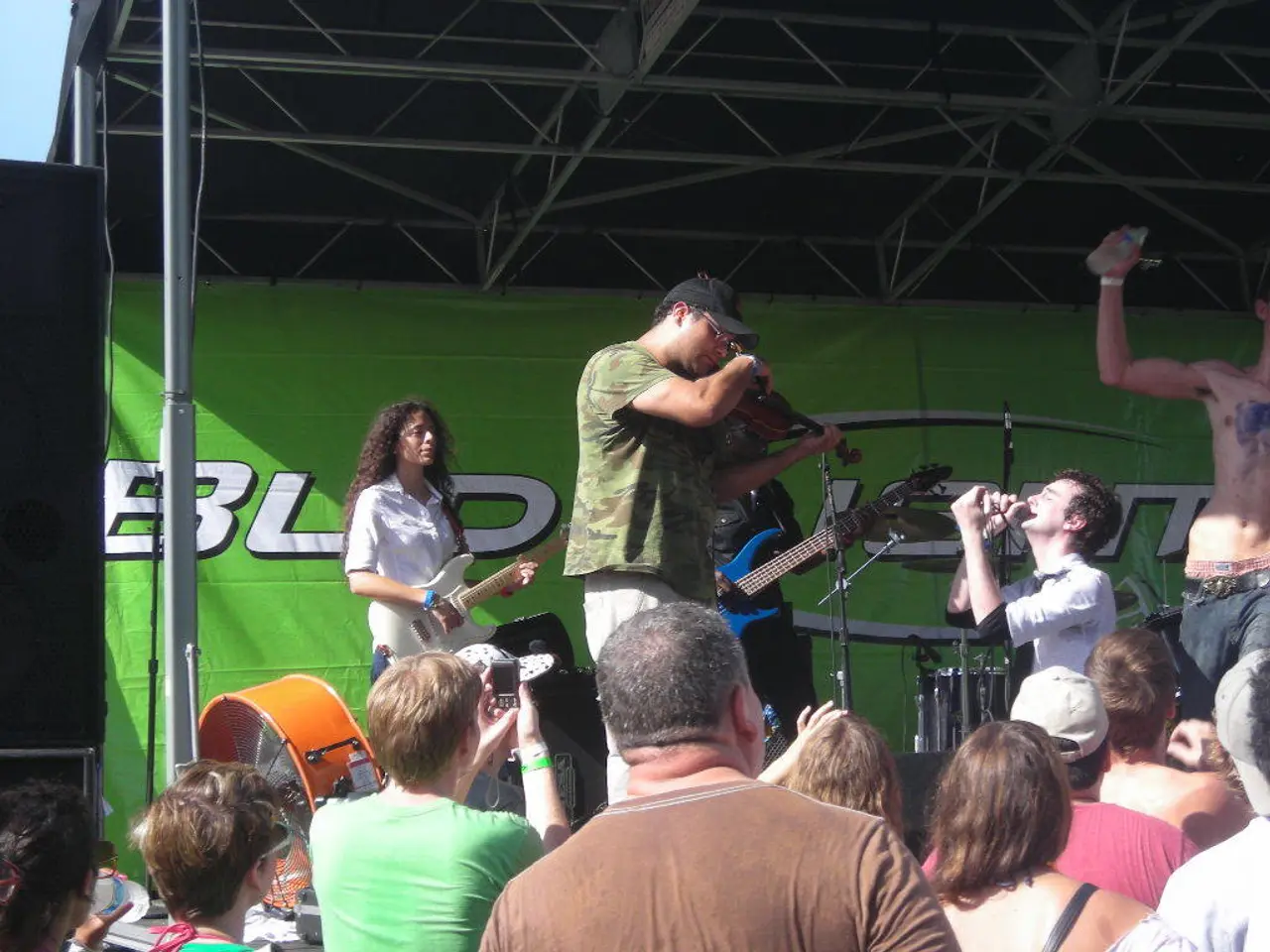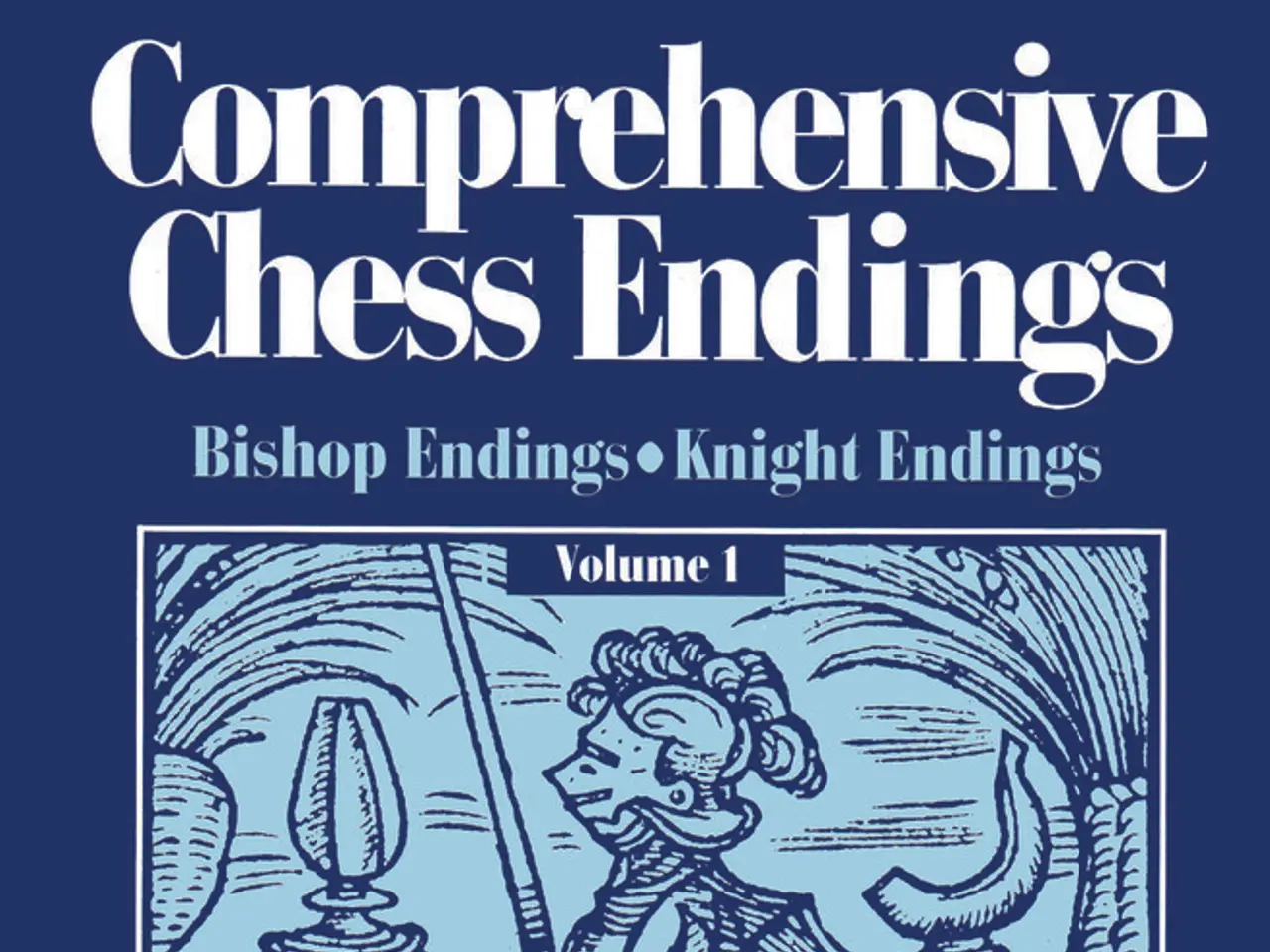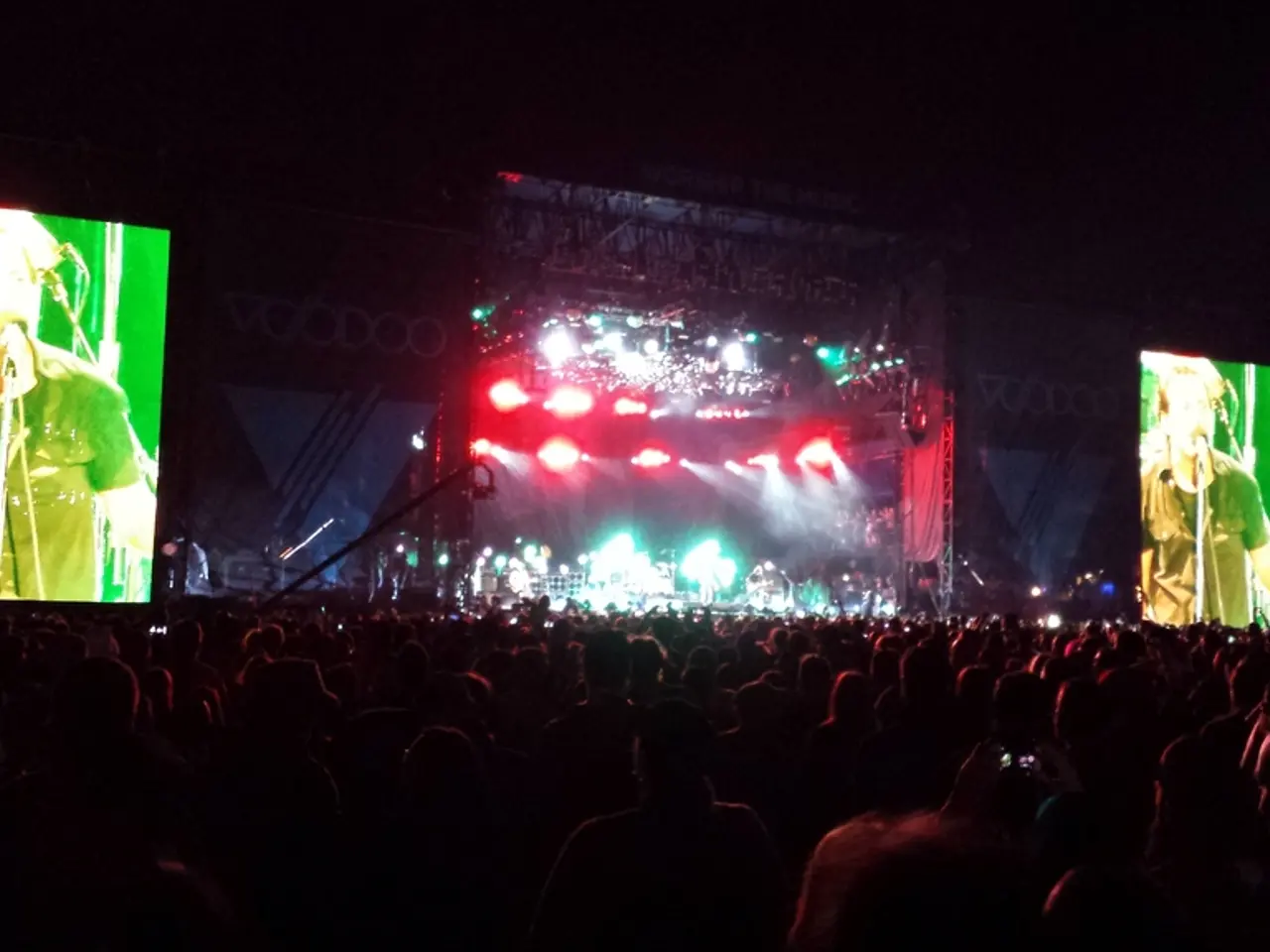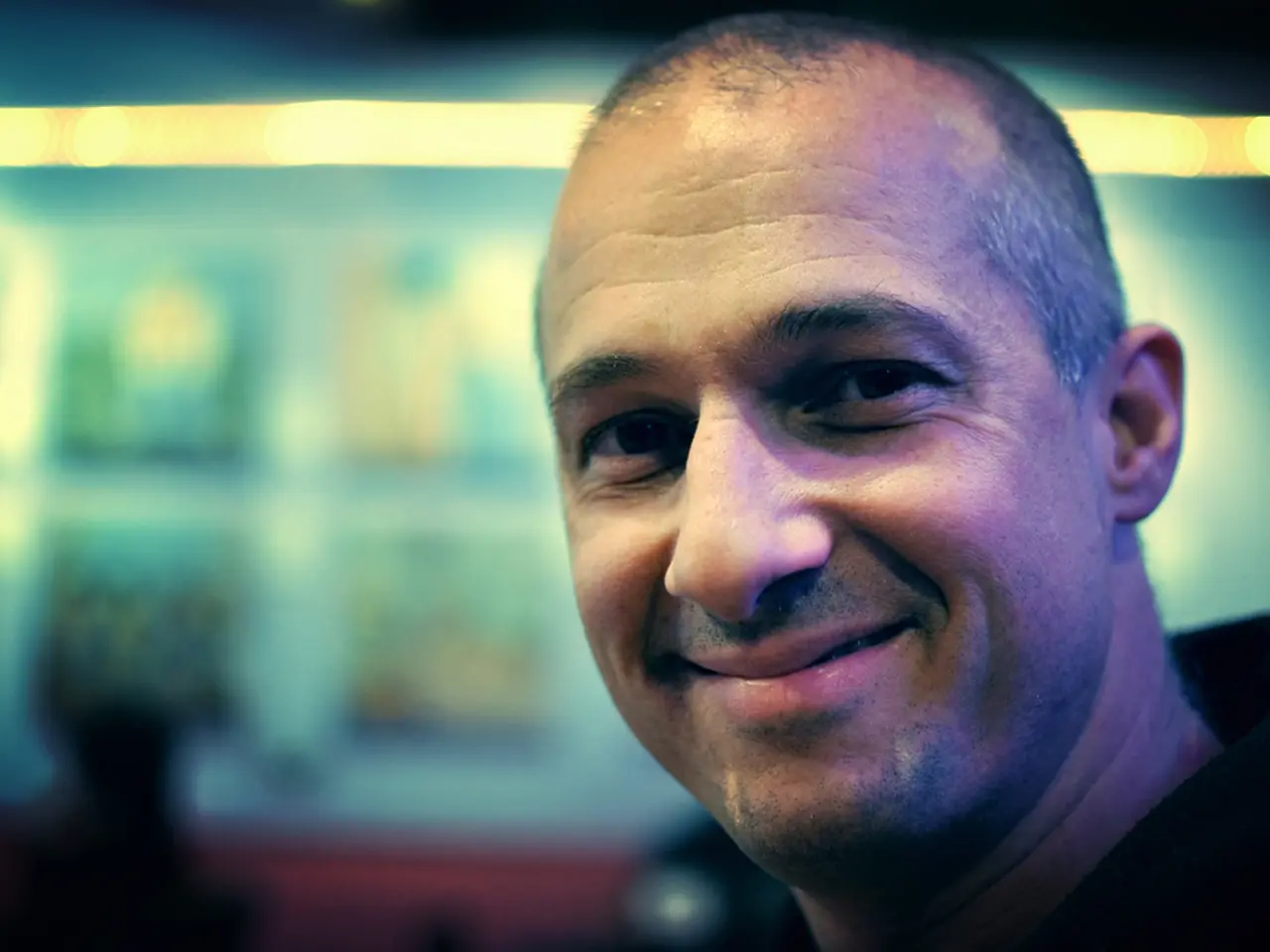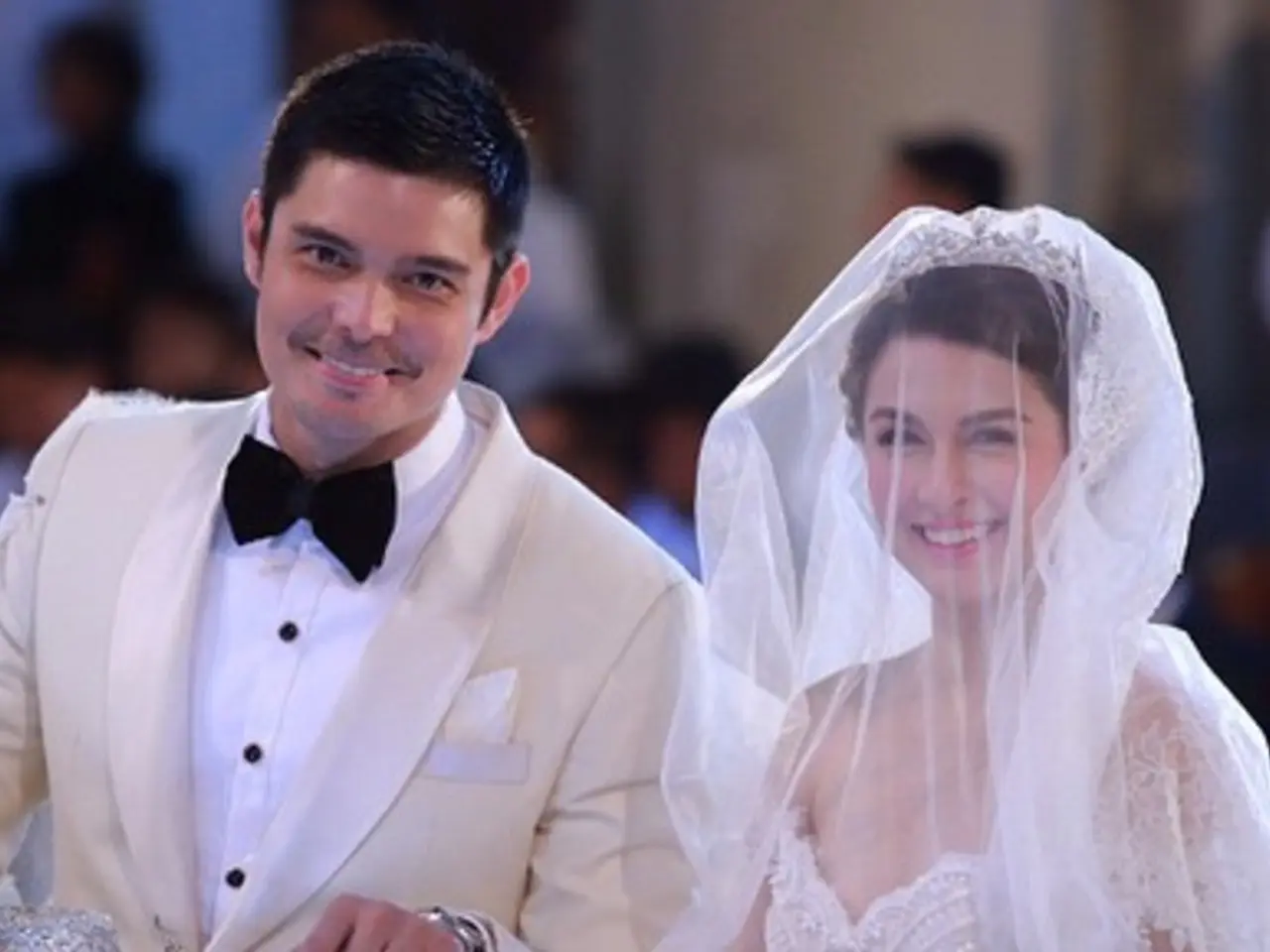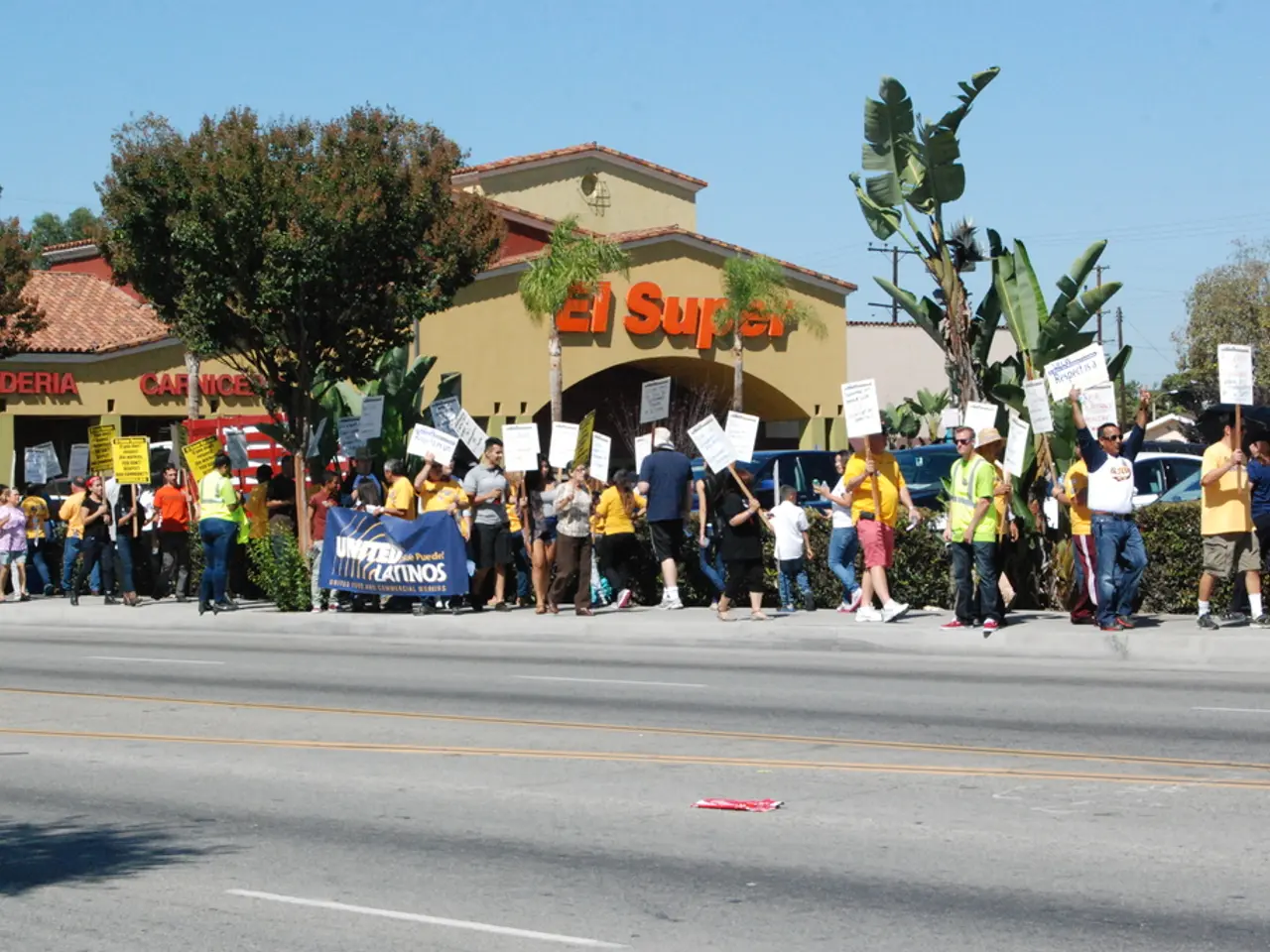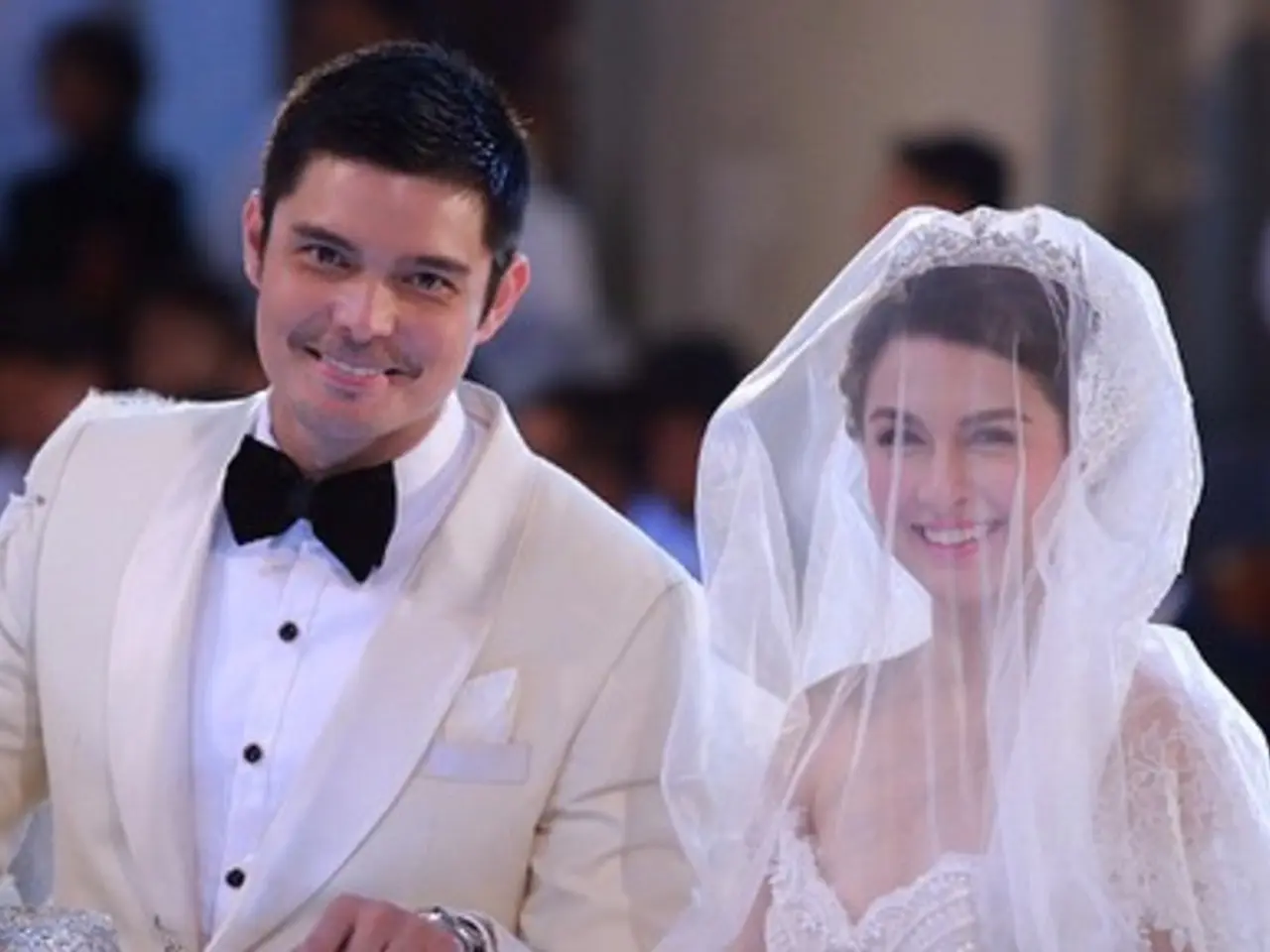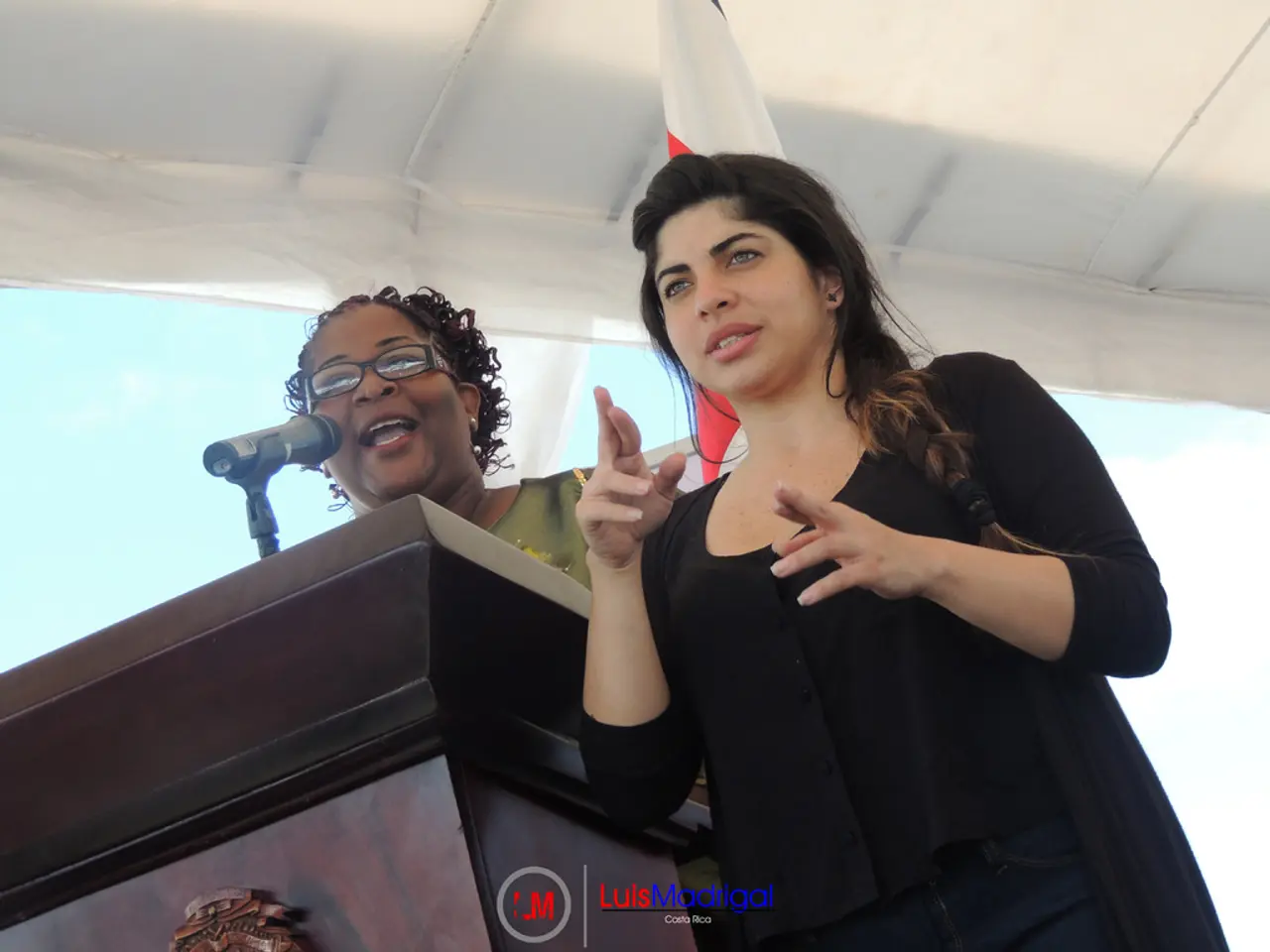A glimpse into the future: Events unfolding on August 2, 2024, as seen through unfiltered eyes.
Unleashing the Power of Conscious Music: A Catalyst for Change
Conscious music, a genre that carries awareness of social, political, spiritual, or cultural issues, has a profound impact on listeners and society at large. Its roots can be traced back to the early 20th century, with the folk music tradition playing a significant role.
The cornerstone of conscious music was laid by artists like Joe Hill, Woody Guthrie, and Pete Seeger, who intertwined music with political activism, supporting labour rights and social justice causes from the 1930s onwards. Songs like "We Shall Overcome," associated with Pete Seeger and the folk movement, became anthems of the civil rights era in the 1950s and 1960s. Artists like Bob Dylan and Joan Baez carried forward this tradition in the 1960s, blending folk and rock influences with activist themes.
As the decades passed, conscious elements extended beyond folk into rock, psychedelic rock, and other genres as artists expressed countercultural and political consciousness inspired by social movements and mind-expanding experiences. While noise music originated as an avant-garde challenge to traditional music norms, it is distinct from conscious music but shares a spirit of pushing musical boundaries.
Characteristics of conscious music include thought-provoking lyrics addressing political, social, environmental, or spiritual issues, music serving as a vehicle for protest, awareness, or calls to action, and a strong connection to folk, reggae, hip-hop, and other culturally rich genres linked to community struggles. The music engages listeners on moral and ethical levels, educating them on social injustices and global issues, fostering solidarity among people connected by shared values or struggles, motivating political action or personal reflection, and helping keep the history and stories of marginalized groups alive.
Prominent examples of conscious musicians include historical icons like Woody Guthrie, Pete Seeger, Bob Dylan, Joan Baez, and Nina Simone, contemporary artists such as Neil Young, Joni Mitchell, Steve Earle, and modern folk/indie artists who integrate activism into their music. The genre also includes conscious hip-hop artists like Public Enemy and Kendrick Lamar, reggae artists like Bob Marley, and others who explicitly infuse social commentary into their work.
To discover and support conscious music, listeners can use streaming platforms with curated playlists or stations focused on activist, protest, or socially conscious music. They can also support independent music stores, attend live shows or virtual concerts featuring conscious artists, follow labels or groups dedicated to social justice and music activism, join forums, social media groups, or participate in events organized around conscious music themes, and directly support conscious musicians by purchasing music, merchandise, or contributing to crowdfunding campaigns.
Conscious music invites listeners to reflect deeply on their own lives and the world around them. Artists like Kendrick Lamar, Janelle Monáe, India.Arie, and Michael Franti are notable figures in the genre, known for tackling themes like social injustice, personal struggle, identity, race, empowerment, spirituality, self-love, peace, and unity. The rise of digital platforms has further transformed how listeners discover conscious music, allowing independent artists to share their perspectives globally.
In summary, conscious music evolved primarily from early 20th-century folk activism, expanded through the civil rights movement and countercultural 1960s, and today spans multiple genres with a shared focus on raising awareness and inspiring change through purposeful lyrics and socially engaged music. By supporting conscious musicians, fans play an essential role in amplifying these vital voices within the musical landscape.
- Social media platforms can serve as tools for promoting conscious music by creating groups or communities dedicated to sharing and discovering songs with thought-provoking lyrics that address various cultural, social, political, or environmental issues.
- The contemporary lifestyle is enriched by the integration of conscious music into daily routines, as these songs foster reflection on personal values, social injustice, and global issues, thereby encouraging conversations around change and solidarity.
- In our increasingly interconnected world, the environment benefits from the messages of peace, unity, and self-love conveyed through conscious music, as these themes can inspire individuals and culture at large to nurture a more balanced and harmonious relationship with our planet.
